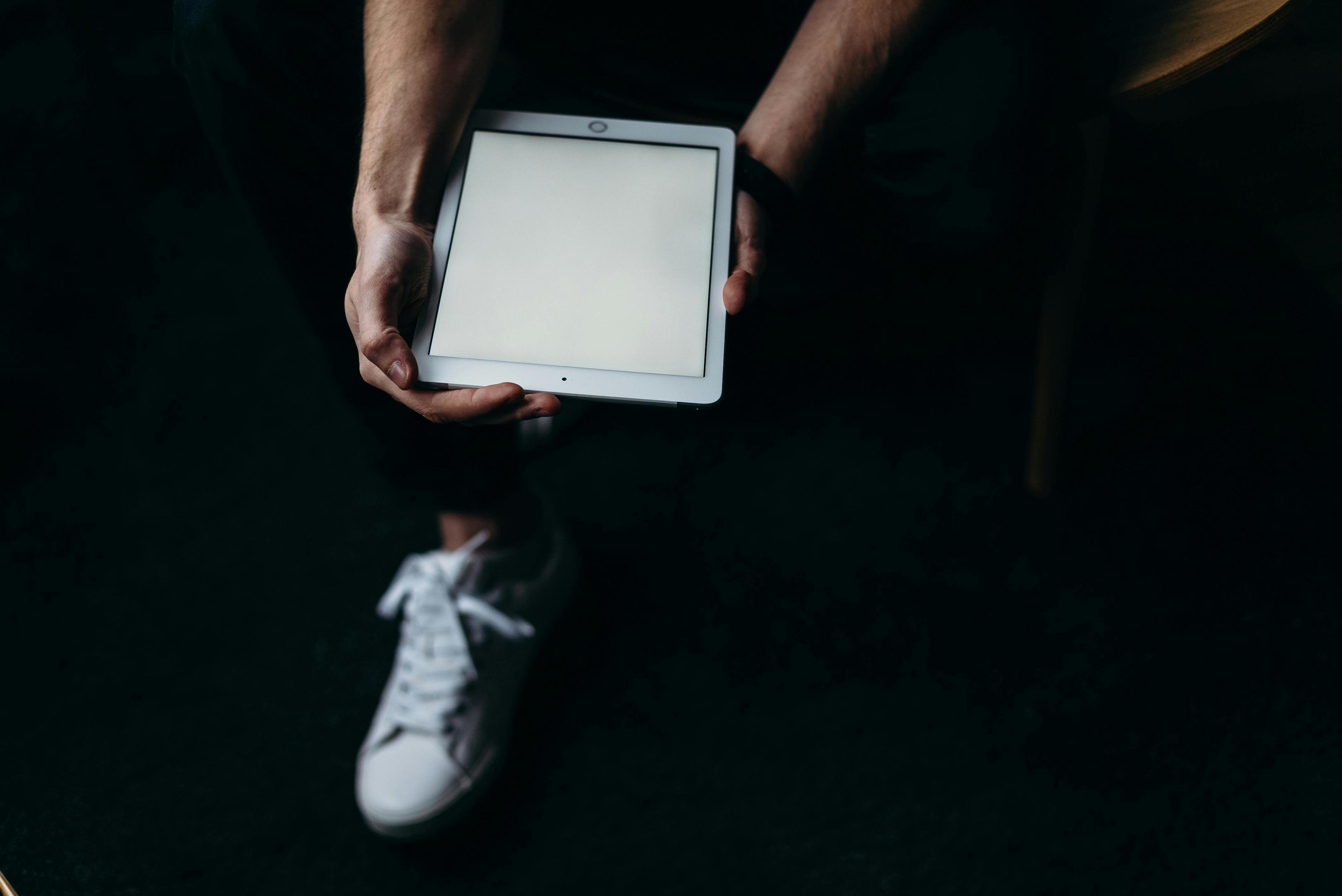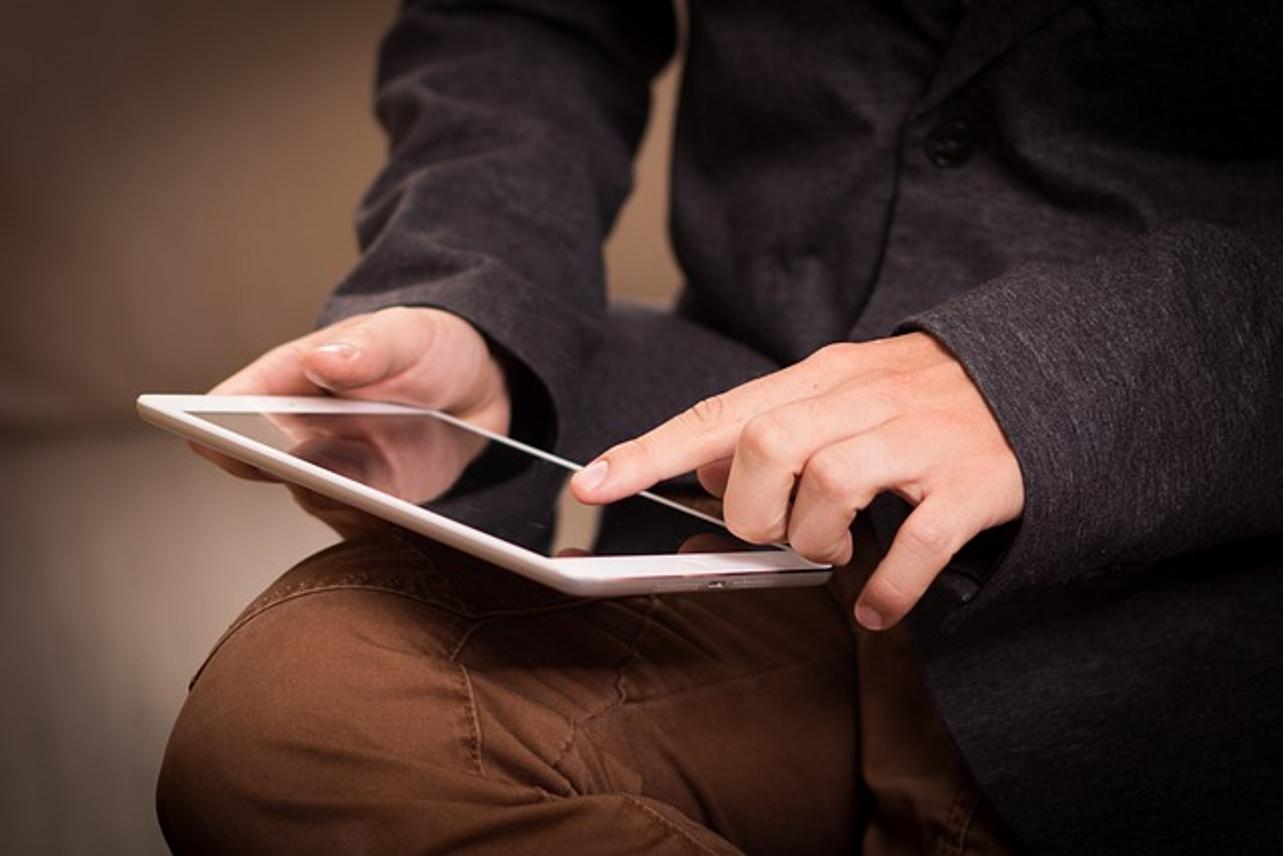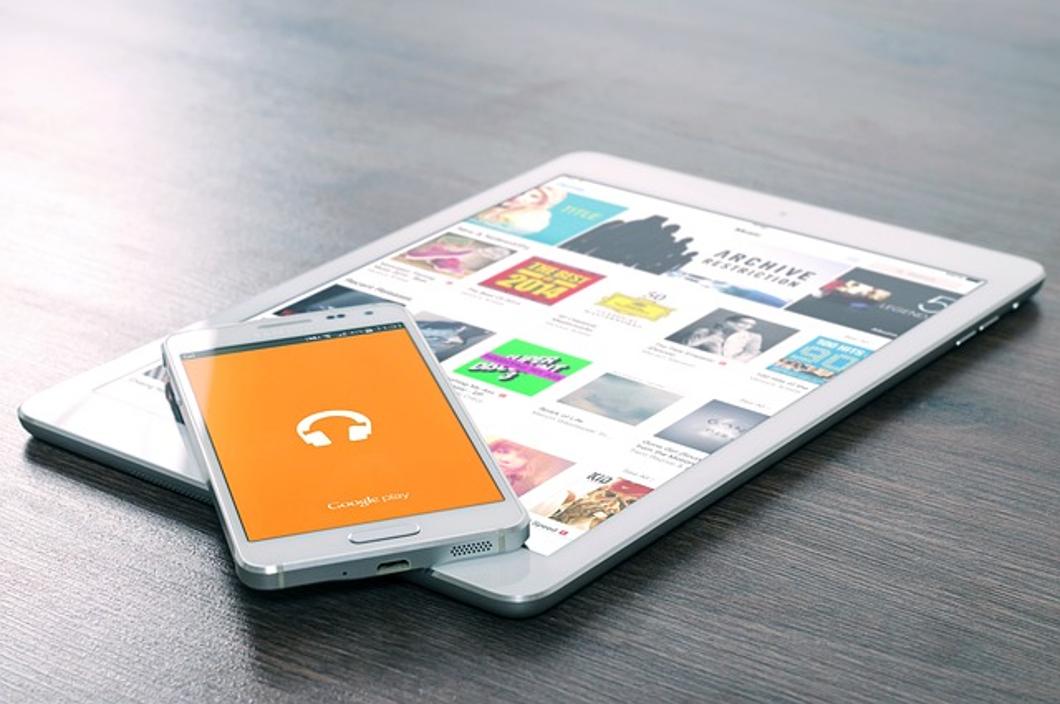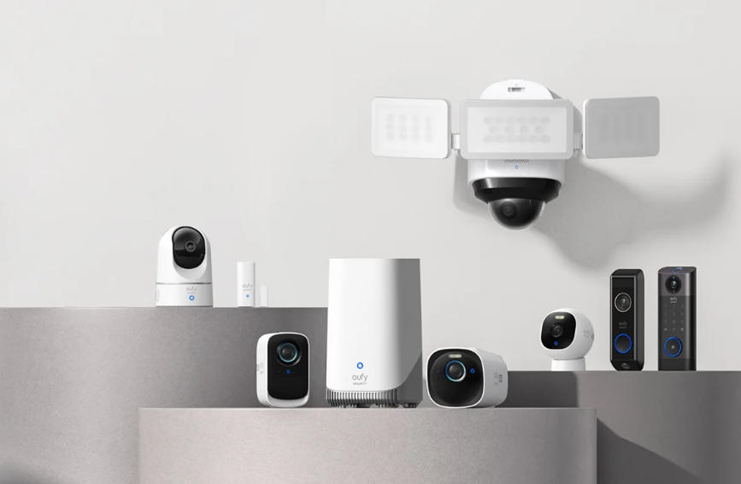Samsung Tablets vs iPad: The Ultimate Comparison in 2024
Introduction
If you’re in the market for a new tablet, you’re likely facing the ultimate decision: Samsung tablets vs iPads. In 2024, both Samsung and Apple have stepped up their game, offering an array of features and improvements that make choosing between them difficult. This guide intends to provide a comprehensive comparison to help you decide which is the best fit for your needs. We’ll explore design, display technology, performance, operating systems, app ecosystem, battery life, additional features, and pricing.

Design and Build Quality
Samsung and Apple have distinct approaches to design and build quality. Samsung’s tablets typically feature a sleek, modern aesthetic with a range of color options and finishes. Many models come with aluminum bodies, which contribute to their premium feel. Apple, on the other hand, maintains a minimalist design ethos for the iPad, characterized by its iconic slim form factor and high-quality materials such as aluminum and glass.
Both manufacturers prioritize build quality, but your preference might come down to personal design tastes. While some users prefer Samsung’s more varied stylings, others might be drawn to the timeless elegance of the iPad. Regardless, both brands ensure durability and premium craftsmanship in their tablet offerings.
Display Technology
When it comes to display technology, both Samsung and Apple are leaders in the field. Samsung tablets often showcase AMOLED screens, which provide vibrant colors, deep blacks, and excellent contrast ratios. These displays are particularly beneficial for media consumption, gaming, and creative tasks.
iPads, featuring Apple’s Retina displays, offer sharp resolution, accurate color reproduction, and True Tone technology that adjusts the display based on ambient lighting. Apple’s ProMotion technology, available on higher-end iPads, increases the refresh rate for smoother scrolling and more responsive touch inputs.
Overall, both companies excel in display technology, but your choice might depend on specific needs like media consumption versus creative work.
Performance and Hardware
Performance is a critical factor in choosing a tablet, and both Samsung and Apple deliver in this area. Samsung tablets sport a variety of powerful processors, including those from Qualcomm’s Snapdragon and their own Exynos line, ensuring smooth multitasking and gaming performance.
Apple’s iPads, especially the Pro models, come with the M1 and M2 chips that offer unrivaled performance and efficiency. These processors empower the iPads to handle demanding tasks such as video editing and 3D rendering effortlessly.
Both brands offer ample RAM and storage options to cater to different user needs, but Apple’s integration of hardware and software tends to provide a more seamless and consistently smooth experience.
Operating Systems and User Experience
The operating system greatly influences the user experience. Samsung tablets run on Android with the One UI skin, offering customization options, multitasking features, and compatibility with a wide range of devices and applications. This versatility makes Samsung tablets popular among users who appreciate a customizable interface.
iPads run on iPadOS, which is specifically designed to enhance tablet functionality. iPadOS is known for its smooth performance, intuitive interface, and seamless integration with other Apple devices. Features like Split View, Slide Over, and the dock enhance multitasking capabilities.
Choosing between the two often comes down to personal preference: whether you value Android’s flexibility or Apple’s seamless ecosystem.
App Ecosystem
The app ecosystem is another important consideration. Samsung tablets, utilizing the Google Play Store, offer access to millions of Android apps, including a wide range of specialized apps for productivity, creativity, and entertainment.
Apple’s App Store, while more curated, offers a vast array of high-quality applications, many optimized specifically for the iPad. This often results in a superior user experience for iPads, with apps tailored to take full advantage of the hardware and software capabilities.
Both platforms support essential apps, but the App Store tends to offer a more polished and comprehensive selection, especially for creative and productivity applications.
Battery Life and Charging
Battery life is a crucial factor for mobile devices. Samsung tablets generally boast impressive battery life, often lasting up to 12 hours on a single charge, depending on usage. Moreover, Samsung’s fast-charging technology ensures that you can quickly power up your device.
iPads are also known for their robust battery life, with some models offering up to 10 hours of continuous use. Apple’s efficient chipsets contribute to prolonged battery performance, and you can also benefit from fast-charging capabilities with a compatible adapter.
Both brands are comparable in terms of battery longevity and charging speeds, making either a reliable choice for users who are frequently on the go.

Additional Features
In addition to standard features, both Samsung tablets and iPads offer unique functionalities that may influence your decision. Samsung tablets often come with features like expandable storage via microSD cards, S-Pen support for creative tasks, and DeX mode, which transforms the tablet into a desktop-like interface.
iPads offer standout features such as the Apple Pencil, which is highly praised for its precision and seamless integration with iPadOS. Higher-end models also support Magic Keyboard, turning the iPad into a more versatile productivity tool.
These additional features highlight the strengths of each brand, emphasizing Samsung’s versatility and Apple’s focus on a refined user experience.

Price and Value
Price is often a decisive factor. Samsung tablets are generally more affordable, offering a wide range of models to suit different budgets without compromising on features. From entry-level to high-end devices, Samsung provides value-for-money options.
iPads, while typically more expensive, justify their higher price tags with superior build quality, performance, and a more polished app ecosystem. The long-term value of an iPad is often seen in its longevity and the robust support it receives from Apple.
Ultimately, the best choice depends on your budget and what you prioritize in a tablet.
Conclusion
Both Samsung tablets and iPads have unique strengths and offer excellent options for users in 2024. Samsung provides versatility, customization, and value for money, while Apple delivers a seamless, high-performance experience with a refined ecosystem. Your final decision should reflect your specific needs, preferences, and budget. Whichever you choose, you’ll be investing in a high-quality tablet that meets modern demands.
Frequently Asked Questions
Which has a better display, Samsung tablets or iPads?
Samsung tablets are known for their vibrant AMOLED displays, offering superior color and contrast. iPads, however, have sharp Retina displays with excellent color accuracy and True Tone technology. The choice depends on whether you prioritize vibrancy or color accuracy.
Are Samsung tablets more affordable than iPads?
Generally, Samsung tablets are more affordable, offering a range of options to suit different budgets. iPads tend to be more expensive but offer higher build quality, better performance, and a more refined user experience, justifying their price.
Can Samsung tablets run iOS apps?
No, Samsung tablets cannot run iOS apps. They operate on Android and thus use the Google Play Store for downloading applications, while iPads use the Apple App Store.

